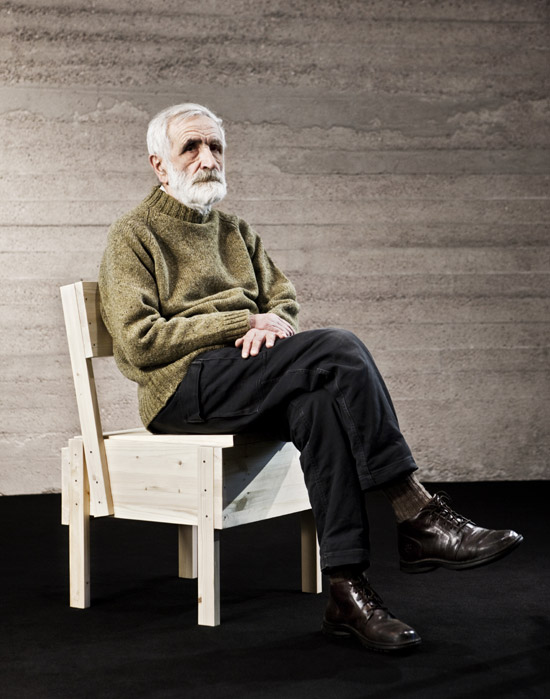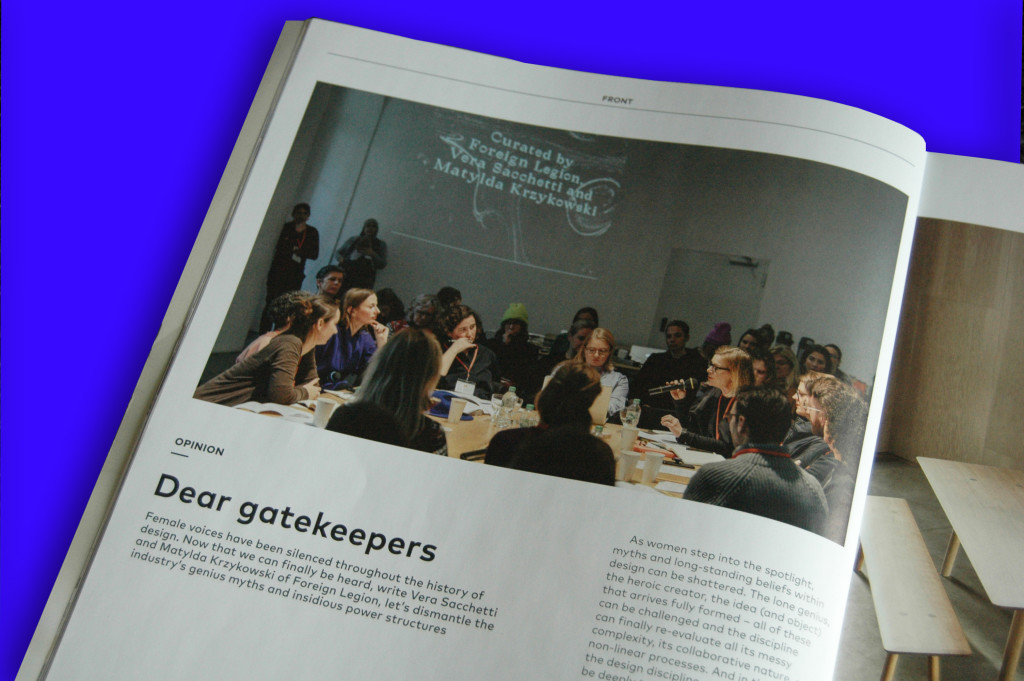
Enzo Mari sitting in the Sedia 1. Photo by Juoko Lehtola/Artek.
“The Unmaking of Autoprogettazione”, a paper Avinash Rajagopal and I wrote together for the Design History Society 2017 conference, gained a new life as part of the excellent The Culture of Nature in the History of Design, edited by Kjetil Fallan. The book demonstrates that the deep entanglements of design and nature have a deeper and broader history than contemporary discourse on sustainable design and ecological design might imply, this book presents case studies ranging from the eighteenth to the twenty-first century and from Singapore to Mexico. Furthermore, it ventures into domains as diverse as design theory, research, pedagogy, politics, activism, organizations, exhibitions, and fiction and trade literature to explore how design is constantly making and unmaking the environment and, conversely, how the environment is both making and unmaking design.
In the last decade, amidst social and economical complexity that echoes the context of its original making, Autoprogettazione has resurfaced as a touchstone project that adds to the contemporary discourse. From Artek’s 2010 re-edition of Sedia 1 to Cucula, a Berlin-based non-profit, producing Autoprogettazione for and with refugees in 2015, the many ways in which the project has been quoted, echoed, repurposed or copied have shifted, altered and reinforced its original meaning. Our paper traces the making and unmaking of meanings in Autoprogettazione, analyzing the context that lead to the project’s inception and exploring its comeback in the last decade, whether as a platform for art and design exhibitions, a vehicle for do-goodism in times of humanitarian crisis, or as a propaganda tool for companies and their marketing agencies. Scrutinizing these instances, and exposing the shifts and appropriations the project has been subjected to, reveal how the original aim to critique the design industry has been appropriated and made part of the design industry itself, in varied and at times perfidious ways.
